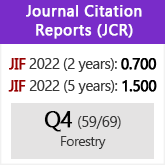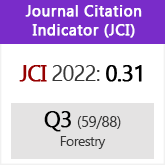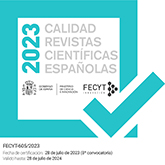Special Issue. FORESTS: RESERVOIRS OF GLOBAL MYCOCULTURAL HERITAGE AND MYCOLOGICAL RESOURCES
(Closed 2023-11-15)
Topic editors
- Pablo Martin Pinto (University of Valladolid, Spain)
- Jesús Pérez-Moreno (Colegio de Postgraduados, Mexico)
- Wubalem Tadese (Ethiopian Environment and Forest Research Institute, Ethiopia)
About this research topic
Currently, one of the main challenges faced by human beings around the world is the simultaneous conservation of natural ecosystems and the production of either food or economic resources for people's survival. Forests constitute a biocultural and genetic reservoir of paramount importance for wild mushrooms worldwide. Mushrooms are some of the most important non-timber forest resources on the planet. Their ecological relevance and sustainable use has enormous potential for both the preservation of forest masses and food production for vulnerable communities. Mushrooms have been used during millennia as food, medicine, and many species also have broad biotechnological applications. The relationship between humans and the use of mushrooms growing in the forests is as ancient as our species. Millions of human beings around the planet have generated ancestral knowledge related to their mycological resources, and they currently survive by collecting edible and medicinal species during the rainy season. Hundreds of bioactive compounds with medicinal uses have recently been isolated from mushrooms, therefore being considered functional foods. Additionally, the annual global trade of edible wild mushrooms collected from the forests is worth billions of dollars due to dramatic cultural changes by the world's population searching for healthier food, so mushroom cultivation also constitutes a research frontier area of great relevance.
Research topics
ethnomycology; mycosylviculture; biocultural heritage; edible wild fungi; technology transfer of mushroom cultivation; use of modern technologies (e.g., GIS) for sustainable fungal harvest; traditional knowledge of mushrooms; socioeconomic relevance; cultivation of edible ectomycorrhizal mushrooms; mycotourism.
Submission deadline
Manuscript closed (June 1st to 31, 2022)











